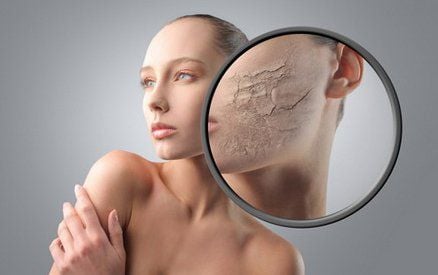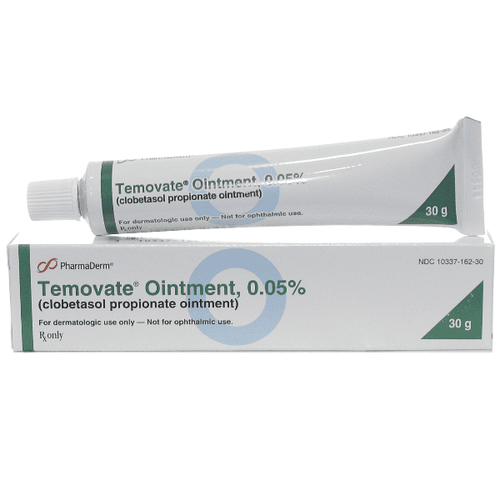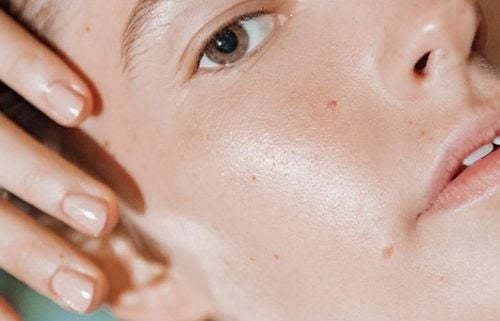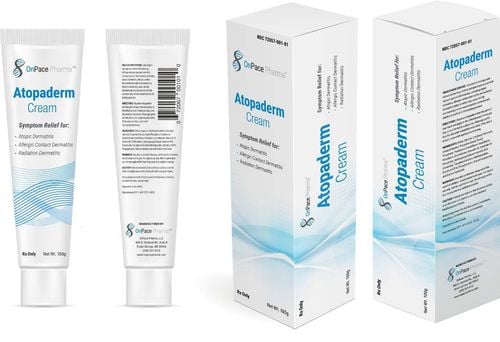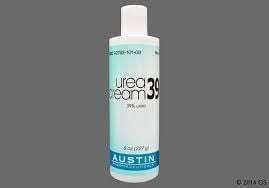This is an automatically translated article.
Sensitive skin if not cared for properly, skin irritation that causes itching, redness, and peeling will happen often. This not only affects the aesthetic factor and causes discomfort and irritation in sensitive skin, but also increases the risk of skin inflammation.
1. What is sensitive facial skin?
Sensitive skin is a condition in which the skin becomes itchy, stinging, burning, red, tight after contact with skin care products, food, dirt, or other environmental factors. Because there are many factors that can cause skin sensitivity, it is sometimes not possible to identify a specific factor that causes skin sensitivity or discomfort.
What is sensitive facial skin? To diagnose sensitive skin, a dermatologist will rely on symptoms such as:
Appearance of skin reactions such as pustules, rough or worn skin Skin becomes very dry, so it is not protected nerve endings in the skin The skin tends to be reddened from a little to a lot
2. How do I know if I have sensitive skin?
Visiting a dermatologist is the best way to check if your skin is sensitive or what other problem is causing your skin condition.

Khám da liễu là cách kiểm tra da bạn có thuộc loại da nhạy cảm không
3. Why is the skin sensitive?
There are many causes of sensitive skin reactions such as:
Skin disorders or allergies in the skin such as eczema, rosacea, atopic dermatitis, ... Skin is too dry or damaged to no longer exist. ability to protect the nerve endings of the skin, these nerves will send alarm signals to the brain, causing a sensitive reaction in the skin. Damaged skin is caused by exposure to too many harmful factors from the environment such as sun, wind, dirt, too hot or too cold weather. Genetic factors, age, gender, race can also contribute to skin sensitization reactions.
4. Is there a test to diagnose sensitive skin?
Your doctor may use allergy tests to diagnose whether allergies are causing skin sensitization. However, there is no single test that can diagnose all cases of skin sensitization because there are many factors that can cause this condition.
5. Should men be concerned about sensitive skin?
Sensitive skin can occur in both women and men, to protect the skin, men also need to care about sensitive skin.

Nam giới cũng cần quan tâm về da nhạy cảm của mình
6. Some tips for sensitive facial skin care?
Cleansing: people with sensitive skin should use mild cleansers or soaps, which have been tested to be less likely to irritate facial skin. Avoid using soaps or cleansers with strong fragrances or harsh detergents. Moisturize the skin: Use a moisturizer regularly to reduce dryness and skin wear. How to choose the right skin care products: see instructions below.
7. How to choose cosmetics to help limit the risk of irritating sensitive skin?
In general, sensitive skin-friendly products will have the following characteristics:
The product usually has only one or a few ingredients. The product is odorless or has a very mild fragrance. Avoid products that contain: alcohol, antibacterial agents or deodorants, retinoids, or alpha hydroxy acids.

Để tránh kích ứng da, không nên sử dụng mỹ phẩm chứa cồn
8. What cosmetics do sensitive skin use?
"What cosmetics do sensitive skin use?" This is a concern for many people with sensitive skin. The American Academy of Dermatology's advice for people with sensitive skin is:
Use low-preservative powders, which are products with a very low risk of skin irritation. Skin care products containing silicone are generally less irritating to the skin. It is not recommended to use waterproof cosmetics, because you need to use makeup remover to remove it, increasing the risk of skin irritation. Discard old cosmetics as they may have become contaminated, reducing quality and increasing the risk of reactions in sensitive skin.
9. With a skin care product that has never been used, how to check if the product is suitable for sensitive skin?
To find out if a cosmetic is irritating, do the following:
For the first few days, apply a small amount of the product behind your ear and leave it overnight. If the skin behind the ear is not irritated, over the next few days, apply a small amount of cosmetic product to an area along the eye. If it still does not cause irritation, then the cosmetic is safe to use on the whole face.
10. How to protect sensitive skin in winter and summer?
To protect skin from damage and premature aging, use sunscreen year-round. Choose a sunscreen with an SPF of at least 30 and use it every time you leave the house.
The sun's ultraviolet rays are most active between 10 a.m. and 4 p.m. Therefore, avoid going outdoors during this time, no matter what season of the year.
To protect your skin from dryness, itching, peeling, cracking in winter, you should not turn on the high temperature heater. It's cold outside while the indoor temperature is too hot, making your sensitive skin more susceptible to irritation. When taking a shower, you should also bathe with moderately warm water using a mild skin cleanser. Besides, to limit dry skin, while the skin is still damp after bathing, use a moisturizer to spread evenly and pat the cream to absorb into the skin. Choose a cream that contains ingredients that help hydrate and limit water loss through the skin: mineral oils and other petroleum derivatives, linoleic acid, ceramides, dimethicone or glycerin.
In the summer, in addition to using sunscreen, you should combine wearing a wide-brimmed hat, sunglasses and long clothes that cover your limbs. Apply sunscreen 15-30 minutes before leaving the house, reapply every 80 minutes. If you sweat a lot or go swimming, you should apply the cream more often.

Sử dụng kem chống nắng giúp bảo vệ làn da
11. What sunscreen should sensitive skin choose?
If you have sensitive skin, you should choose a sunscreen with an SPF of 30 or higher. Physical sunscreens with zinc oxide or titanium dioxide ingredients, which help protect the skin by deflecting UV rays from reaching the skin, are more suitable for sensitive skin than chemical sunscreens.
12. How do doctors diagnose and treat sensitive skin?
Most people with sensitive skin have mild irritation when using cosmetics, they will not go to the doctor, but will try switching to other cosmetics until they find the right cosmetic for their skin. . They only go to the doctor when the irritation, itching, redness, peeling, dry skin, ... are severe.
During a dermatology exam, the doctor will check to see if the patient has skin conditions such as rosacea, eczema, recent exposure to skin irritants. The doctor will also learn about the skin care regimen, the cosmetics the patient is using, whether the skin has been exposed to too hot or too cold weather, etc. The patient will also be assigned tests. allergy detection. From the test results along with the content extracted during the examination, the doctor will advise on a skin care regimen and cosmetics suitable for sensitive skin.

Không nên để làn da trở nên tồi tệ mới đi khám bác sĩ
13. What clothes should I choose to be less irritating to sensitive skin?
Clothes made from soft, smooth fabrics, natural materials such as cotton and silk are most suitable for people with sensitive skin. Cotton and silk fabrics are very absorbent. Rayon and linen are also comfortable to wear, but not as light as cotton and silk. People with sensitive skin should wear loose or loose-fitting clothes, avoid wearing clothes that are too tight or tight.
14. What skin diseases are associated with sensitive skin?
If you have skin conditions like acne, psoriasis, contact dermatitis, rosacea or eczema, you probably have sensitive skin.
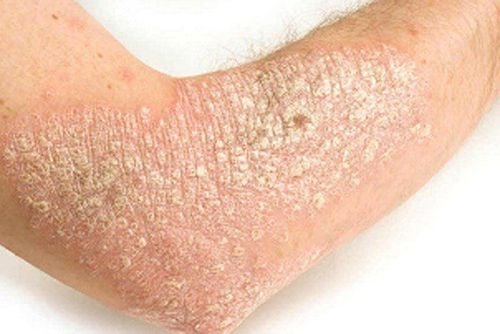
Bệnh vẩy nến là một bệnh lý về da
15. How does FDA regulate to ensure cosmetics for users?
The US Food and Drug Administration (FDA) regulates the manufacture and marketing of cosmetics, but unlike when it comes to drugs, FDA cannot require cosmetic companies to provide production data or recall the product when there are reports of cosmetics causing skin irritation. However, the FDA can inspect a cosmetic manufacturing facility and impose penalties if the facility's manufacturing conditions are unsafe, improperly labeled, manufacture fake cosmetics, or the information on the label is incorrect. corpse.
16. Are skin care products labeled “Hypoallergenic” safe for sensitive skin?
Hypoallergenic means non-irritating, but it doesn't mean it's safe for sensitive skin because there aren't any standards or tests that are regulated for a licensed manufacturer to attach. “non-irritating” label on the product. Since there is no strict regulation, the label "non-irritant" can be used quite freely to attract the attention of consumers.
17. How can you tell if a skin care product or household product may be irritating to sensitive skin?
You can visit the website of the US National Institutes of Health (NIH) or the Specialized Information Services Library of the US National Library, these information pages have databases of household products online. You can look up products by brand name to see what's in the product and if there are any ingredients in the product that could cause skin irritation.
18. Does a healthy diet help sensitive skin?
Eating healthy is good for your general health and of course your skin.

Chế độ ăn lành mạnh sẽ có lợi cho làn da
19. Do children with skin conditions related to sensitive skin conditions continue to develop the condition into adulthood?
A large percentage of children with sensitive skin due to eczema will recover before the age of 5 and 40-50% of children will recover by the time they are teenagers. About 80% of people between the ages of 11 and 30 experience flare-ups of acne, the majority of which go away after the age of 30. However, psoriasis is a chronic disease, and children will have it for life.
20. Is sensitive skin hereditary?
Some skin diseases related to sensitive skin such as acne, eczema, psoriasis, rosacea,... can run in families. However, skin irritation caused by cosmetics, allergies to household products are not hereditary.
Sensitive skin is a type of "fastidious skin", so it requires skin care people to understand skin diseases as well as have appropriate care and cosmetic regimens.
Reference source: webmd.com




